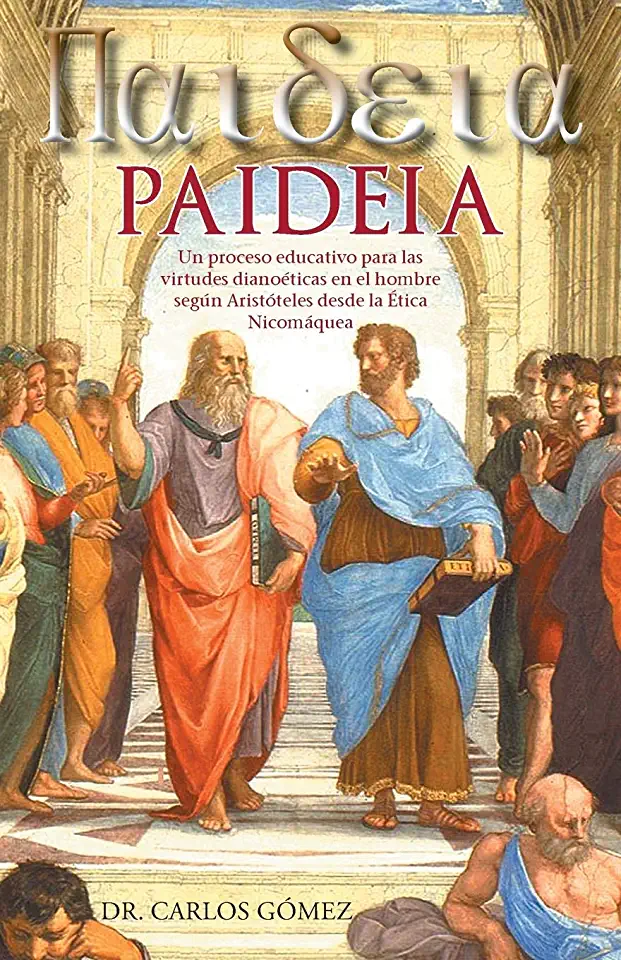
Nicomachean Ethics - Aristotle
Nicomachean Ethics: A Guide to Living a Virtuous Life
Aristotle's Nicomachean Ethics is a seminal work of philosophy that explores the nature of happiness and the virtues that lead to it. Written over 2,300 years ago, this timeless classic remains as relevant and insightful as ever, offering valuable guidance on how to live a fulfilling and meaningful life.
The Pursuit of Happiness
Aristotle begins by arguing that the ultimate goal of human life is happiness. He defines happiness as "an activity of the soul in accordance with perfect virtue." In other words, happiness is not simply a state of pleasure or contentment, but rather a life lived in accordance with our highest potential.
The Virtues of Character
Aristotle identifies two main types of virtues: virtues of character and virtues of thought. Virtues of character are those that we develop through practice and habit, such as courage, temperance, and generosity. Virtues of thought are those that we develop through intellectual inquiry and contemplation, such as wisdom, understanding, and prudence.
Aristotle argues that the virtues of character are more important than the virtues of thought, because they are essential for living a happy and fulfilling life. He explains that the virtues of character enable us to act in accordance with our true nature and to achieve our full potential.
The Golden Mean
One of the most important concepts in Aristotle's ethics is the golden mean. The golden mean is a principle of moderation that states that the best course of action is usually somewhere between two extremes. For example, the virtue of courage is the mean between the extremes of cowardice and recklessness.
Aristotle argues that the golden mean is the key to living a virtuous life. He explains that by avoiding the extremes of excess and deficiency, we can find the right balance in our actions and achieve a state of harmony and well-being.
The Importance of Practical Wisdom
Aristotle also emphasizes the importance of practical wisdom, or phronesis. Phronesis is the ability to make sound judgments about what is right and wrong in particular situations. Aristotle argues that phronesis is the most important virtue of all, because it enables us to apply our knowledge of the virtues to the challenges of everyday life.
The Nicomachean Ethics: A Timeless Guide to Living Well
Aristotle's Nicomachean Ethics is a profound and insightful work of philosophy that has stood the test of time. It offers a wealth of wisdom and guidance on how to live a virtuous and fulfilling life. Whether you are a student of philosophy, a seeker of wisdom, or simply someone looking to improve your life, the Nicomachean Ethics is a must-read.
Why You Should Read the Nicomachean Ethics
If you are looking for a book that will challenge your thinking and help you live a better life, then I highly recommend reading the Nicomachean Ethics. Here are a few reasons why:
- The Nicomachean Ethics is a classic work of philosophy that has been studied and admired for over 2,300 years.
- Aristotle is one of the greatest philosophers of all time, and his insights into human nature and the pursuit of happiness are still relevant today.
- The Nicomachean Ethics is a practical guide to living a virtuous life. Aristotle provides detailed advice on how to develop the virtues of character and thought, and how to apply them to the challenges of everyday life.
- The Nicomachean Ethics is a challenging book, but it is also a rewarding one. If you are willing to put in the effort, you will be rewarded with a deeper understanding of yourself and the world around you.
How to Get the Most Out of the Nicomachean Ethics
The Nicomachean Ethics is a dense and complex work of philosophy, so it can be helpful to have some guidance when reading it. Here are a few tips:
- Start by reading the introduction to get a general overview of the book.
- Read the book slowly and carefully, and take notes as you go.
- Look up any unfamiliar terms or concepts.
- Discuss the book with friends, family, or a philosophy professor.
- Attend a lecture or workshop on the Nicomachean Ethics.
By following these tips, you can get the most out of the Nicomachean Ethics and gain a deeper understanding of Aristotle's philosophy.
Enjoyed the summary? Discover all the details and take your reading to the next level — [click here to view the book on Amazon!]